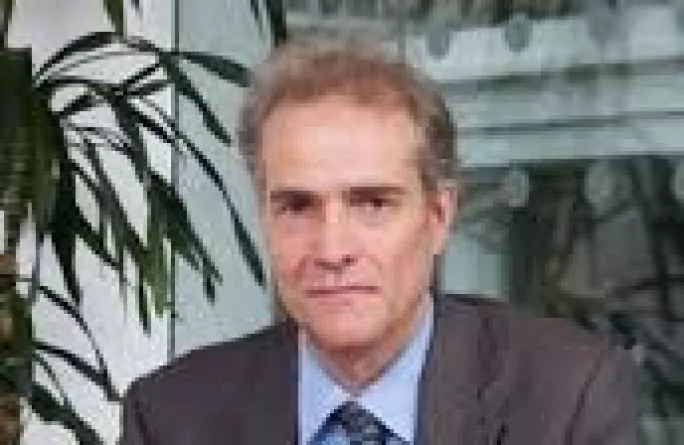The introduction of the controversial School Direct teacher training scheme has created “instability and turbulence” in the system that needs to resolved, according to Charlie Taylor, chief executive of the National College for Teaching and Leadership.
Under the new system, more responsibility has been given to schools rather than universities to recruit new teachers and organise their training.
The training is often done in partnership with universities, but the lack of certainty over how many trainees they will be working with from year-to-year has has caused serious concerns in higher education. Last year, both the University of Bath and the Open University announced they would close their PGCE programmes in summer 2014, with School Direct cited as a factor.
Speaking at an event in Westminster this morning, Mr Taylor (pictured) admitted that the changes had caused “instability” that he was keen to address.
“There is great enthusiasm and great work happening but there’s also, we recognise this, instability in the system,” he said.
“Some of that instability and turbulence simply comes from the fact that there’s a market in place. Some of that also comes because there isn’t certainty about where it all lands.
“For universities, many of whom have made remarkable commitment and indeed sacrifices to be involved in this process, many of you want a bit more certainty about the future. So the work of the government over the next few months will be to look at that and consult with universities in order that we can come to an arrangement that satisfies the enormous enthusiasm of schools to ... but also retains our great universities and the work they are doing.”
School Direct has proved popular with schools, with more than 17,700 applying for places this year.
Mr Taylor said that the reform was removing a “blind spot” that existed in schools about the importance of initial teacher training. Previously universities struggled to place trainees in schools, with even outstanding schools refusing to take on new recruits, he said.
James Noble-Rogers, executive director of the Universities Council for the Education of Teachers, told the conference that if the reforms were implemented carefully they could strengthen teacher training. But he warned that there was a danger the the system could fragment and that excellent provision would be lost.
Mr Noble-Rogers welcomed the news that the government was now working on creating more stability for universities. Speaking after the conference he said: “They want to move towards a system which is more stable. It is a reassuring message.”




